Why Chess is Cool
The increasing popularity of chess at SSES has seen it shed some of its stigmas.
Chess is rapidly becoming a phenomenon both at SSES and across the country.
December 8, 2022
If you happen to pass the library during your free time during the day, you may see my friends passionately battling in chess competitions through the giant glass windows of the media center. To us, chess is special, and it’s easy to realize why. Chess is a fun way to improve brain function while still being competitive and having fun. Due to these traits and increased media coverage of the game in recent years, the number of chess players worldwide has doubled in the matter of two years. The game also got a huge bump in popularity from the popular Netflix series The Queen’s Gambit. That trend has now come to campus.
Chess is often associated with a stigma where people see it as a “nerdy” game. After trying it out for myself and seeing past the negative judgment, though, I began to see why people play. Chess truly challenged my mind. It gave me a challenge whenever I pulled out my phone and joined an online chess game, so I played every day. After playing for about three months, I began seeing the impact of chess on my daily life.
Before I started playing, I had a tendency to zone out in many of my classes. I missed out on a lot of the material in history class because I couldn’t concentrate on what Mrs. Paleczny was saying. To my surprise, chess really helped me in school. After about two weeks of playing, I actually noticed myself being able to concentrate better in classes like math, whereas before it seemed impossible to stay on task for a whole period. I would check my phone multiple times per class and couldn’t remember half of the material taught to me at times.
One study reveals that chess can have a direct effect on concentration on students with ADHD. These students ages 11-13 would play twice per week in school. After a month, the students’ disruptiveness went down by 19.2% and their grades went up by 5%. Besides attention span, Chess can improve pattern recognition, decision making, algebraic and geometric thinking, problem-solving, and critical thinking.
It’s clear that chess draws in cerebral people, but it’s more than just a game of sheer intellect. Just like in any other sport, you start out on the same playing field as everyone else, so anyone can get better. It’s a great way to expand one’s mind through problem solving, patience, and learning. This can lead to improvement in many categories of life such as school, memory, and concentration. So it brings up the question: Should you start playing chess?
Chess is an easy game to start playing. Anyone can play using apps or websites like chess.com or the Lichess app. Competing against people that you know is a good way to get started. The upper school’s chess club, which meets in the library just about every day, is also an easy way to get started and connect with other people.
The club is a perfect place to learn and get better since everyone gathers in the library everyday and they’re all willing to teach or explain the game to you.
The idea that chess is not cool is a misconception. Many people in high school might not have extra time and might have a clouded judgment about the topic brought on by stereotypes, but anyone should feel free to play, not just to be a better player, but a better person. Because of chess I’m no longer a pawn in my own life and I don’t want you to be one either.
3

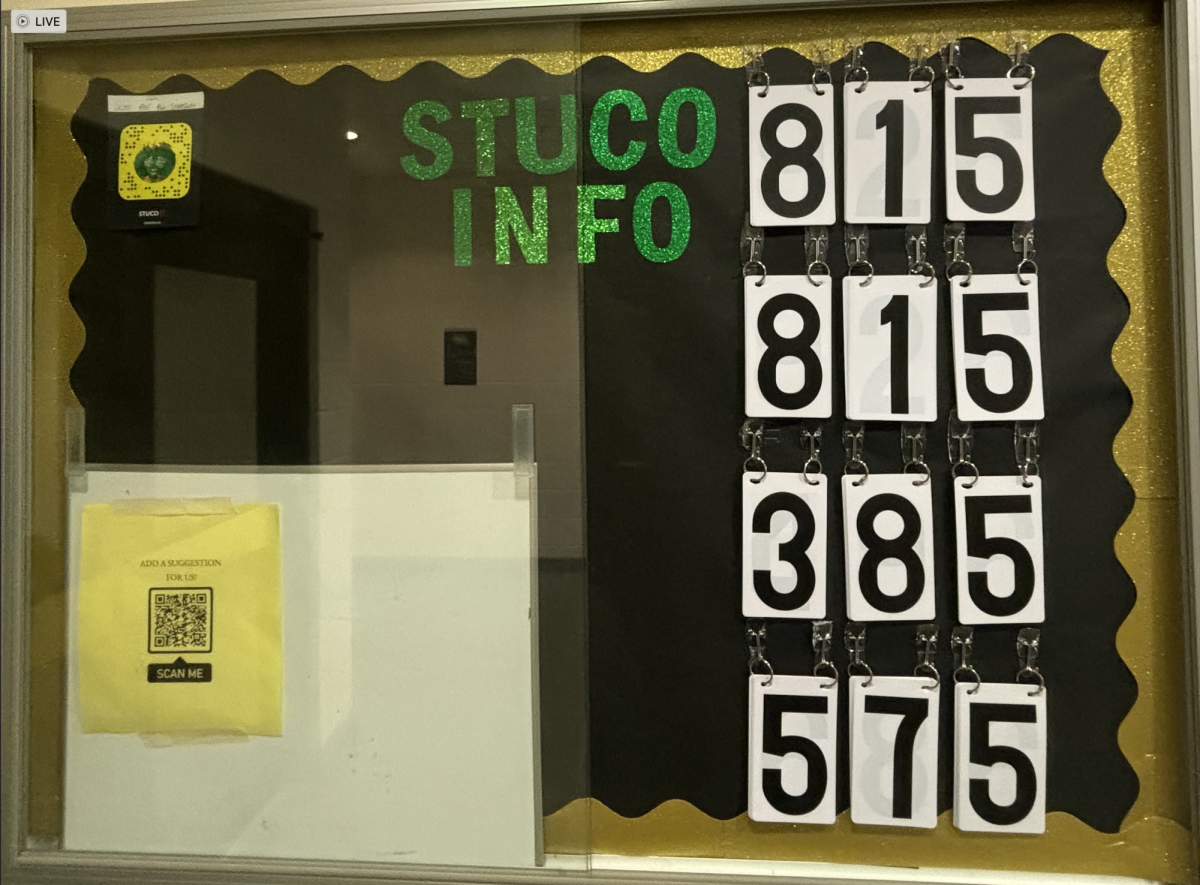


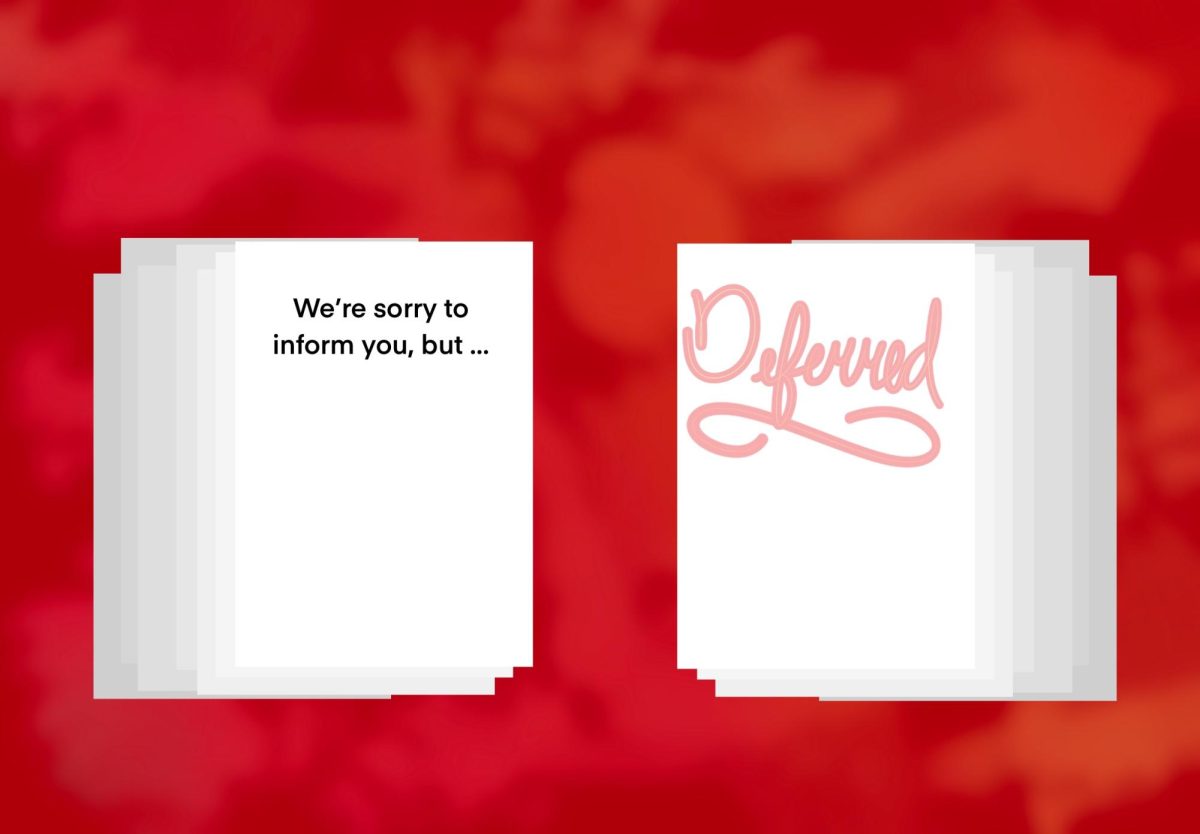



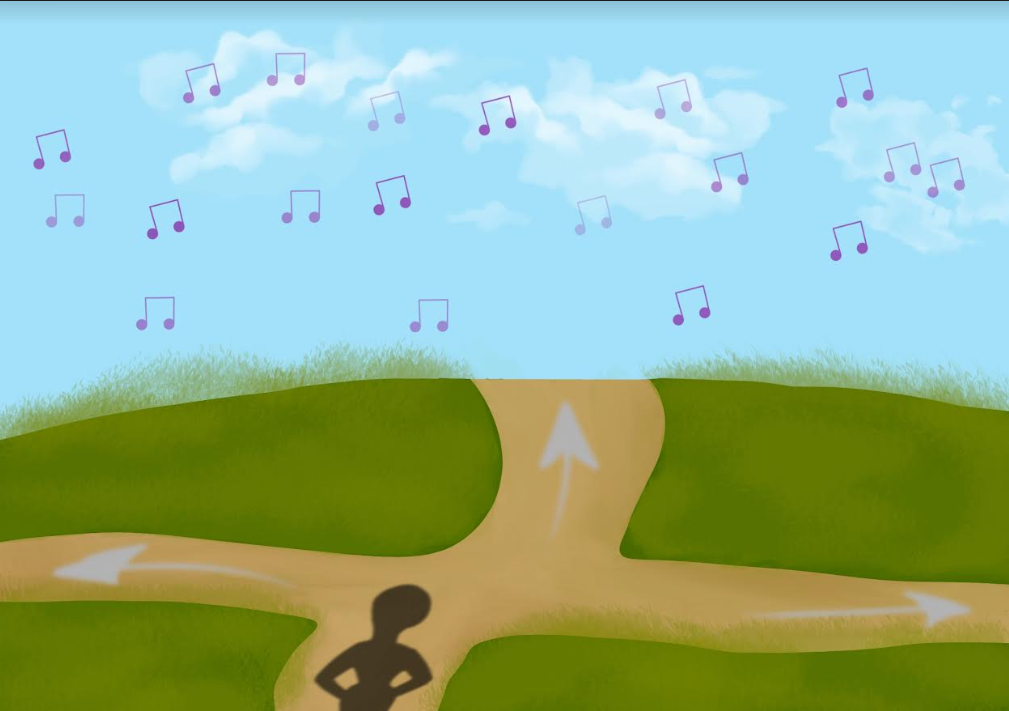

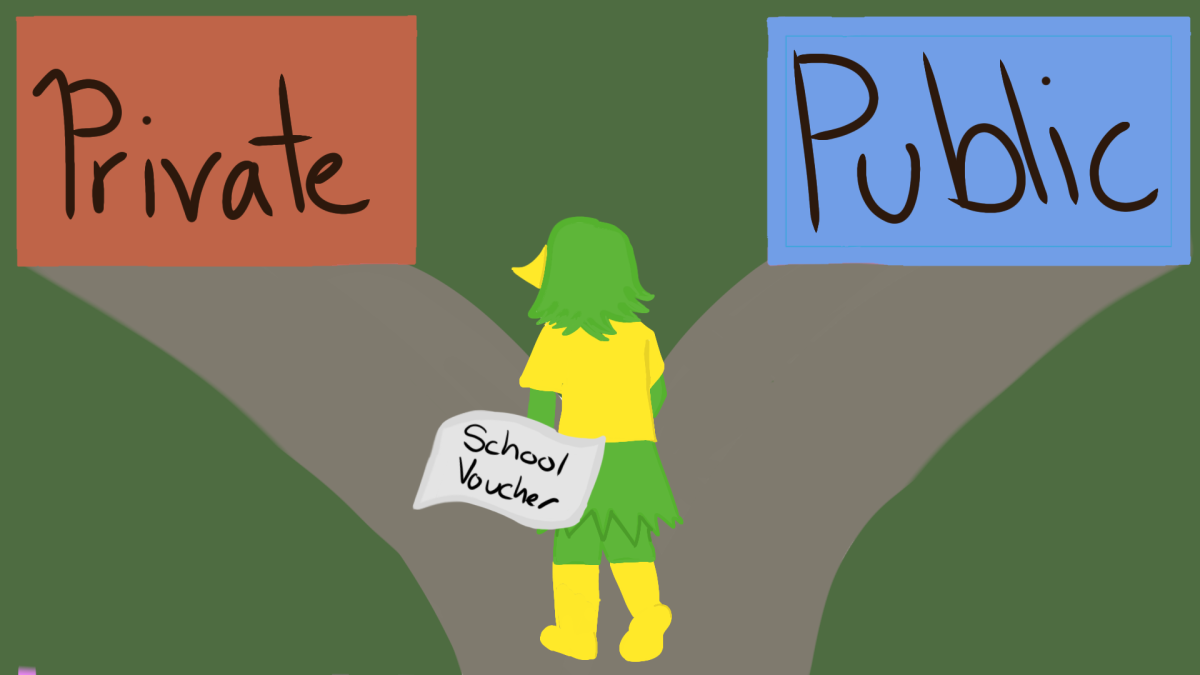
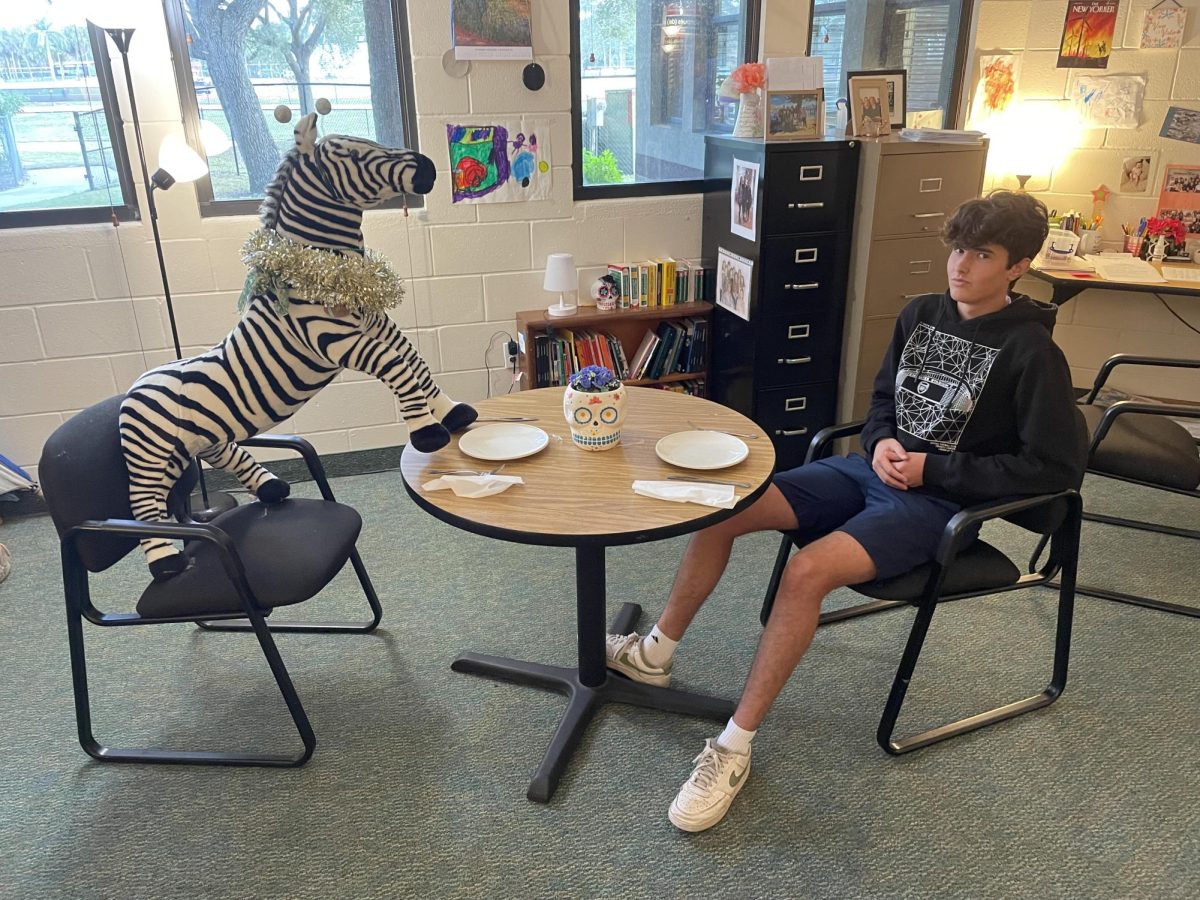



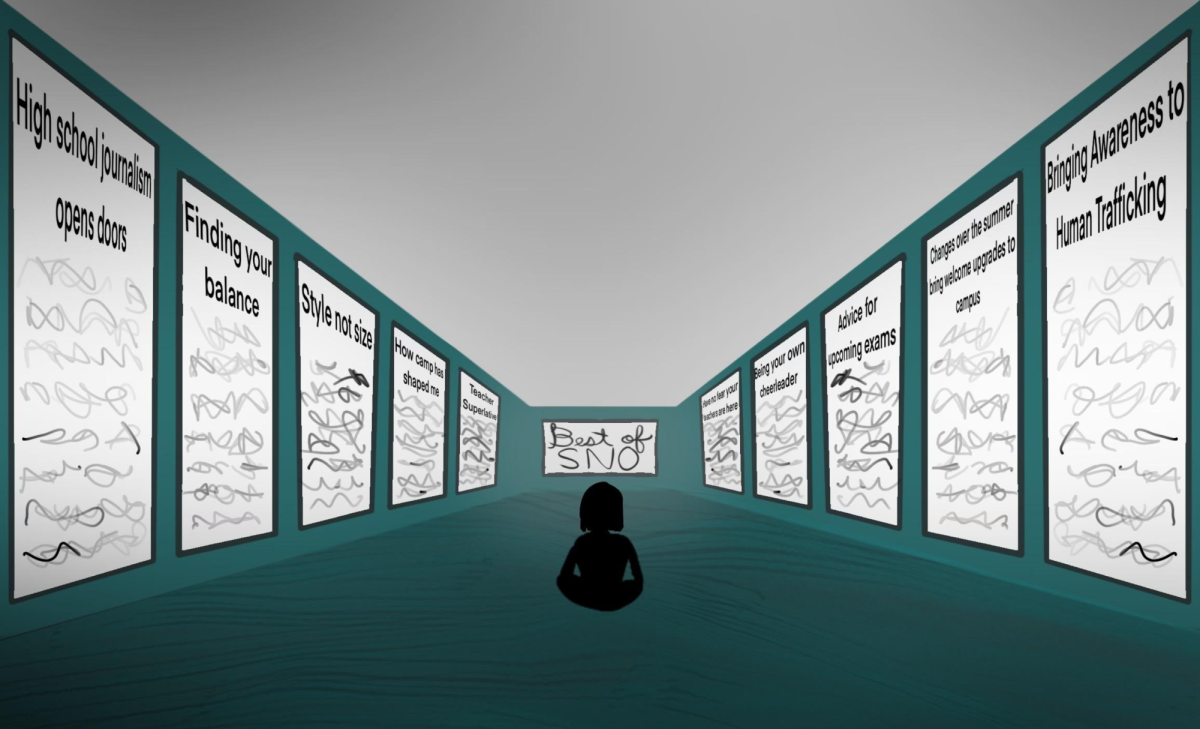
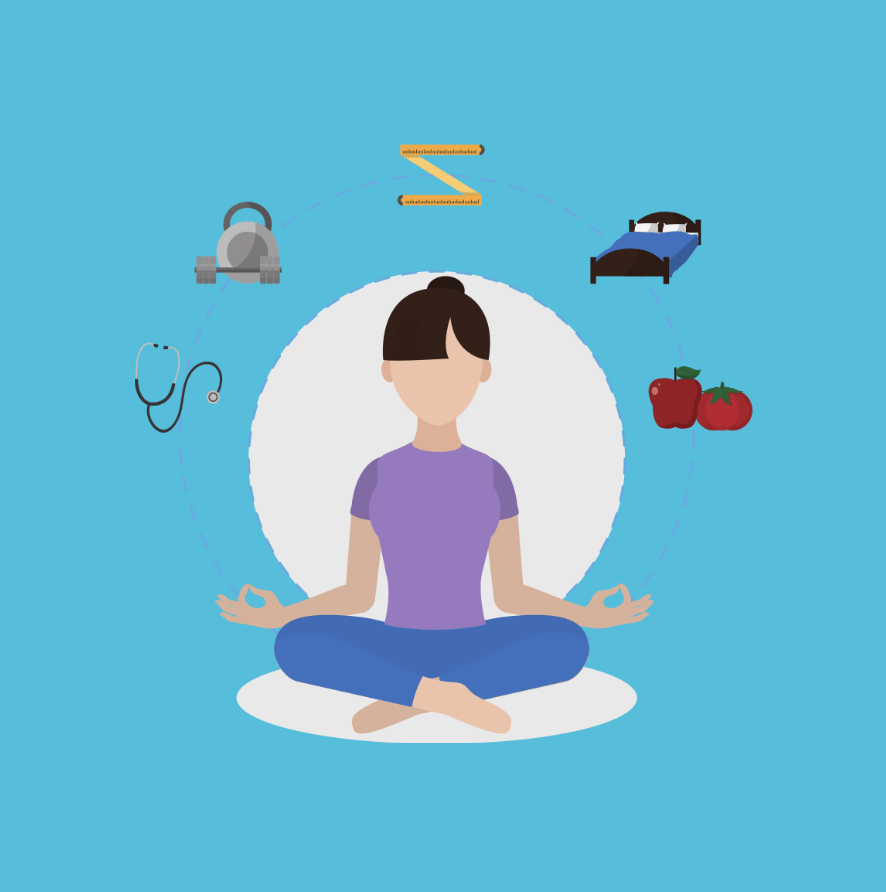
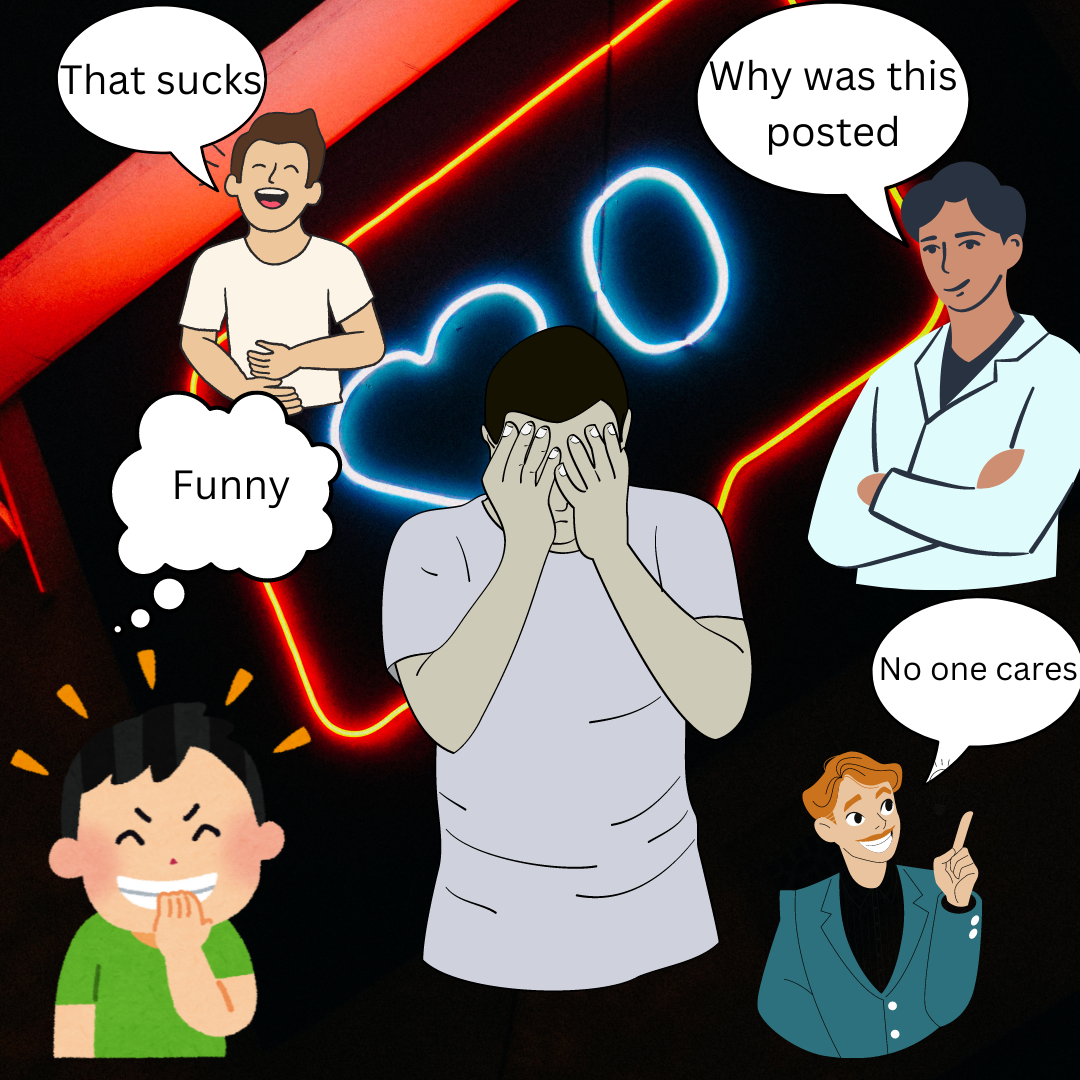

















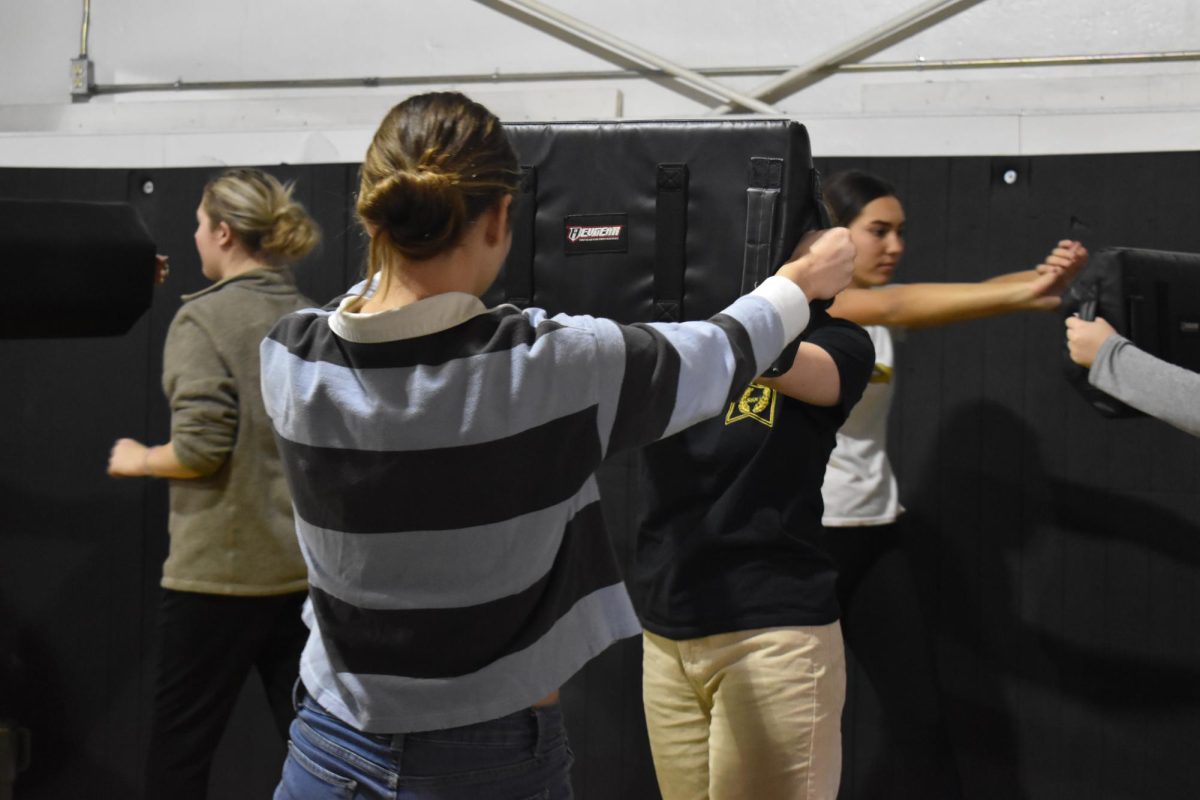










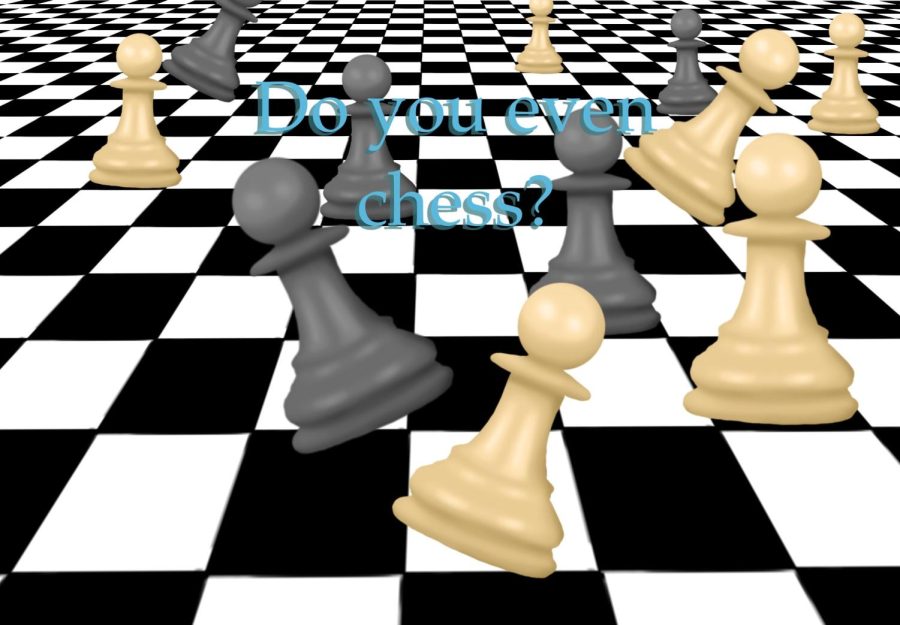


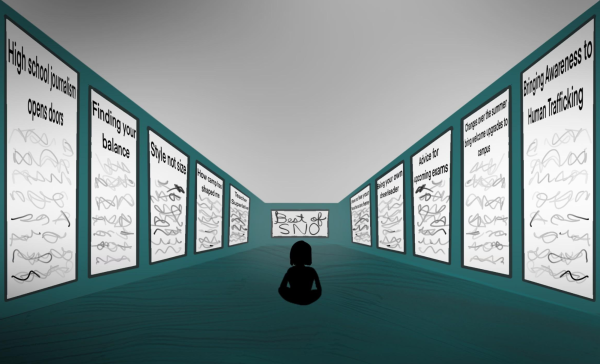
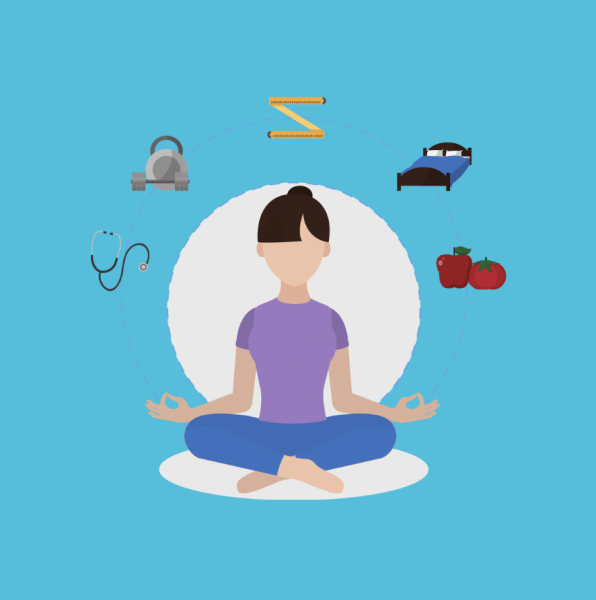




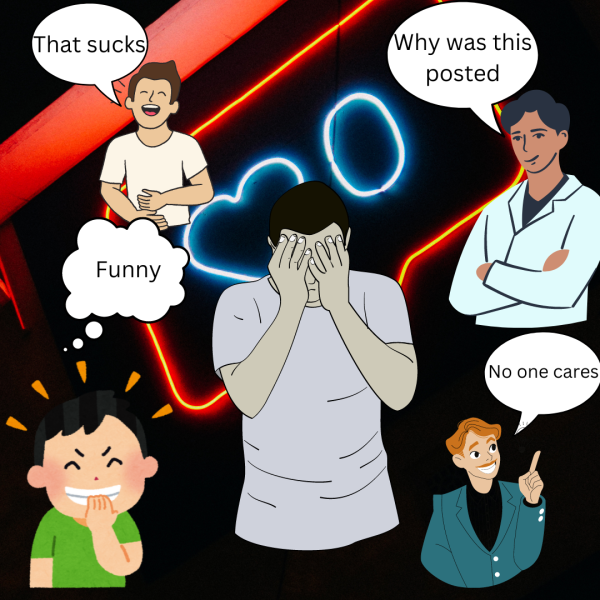





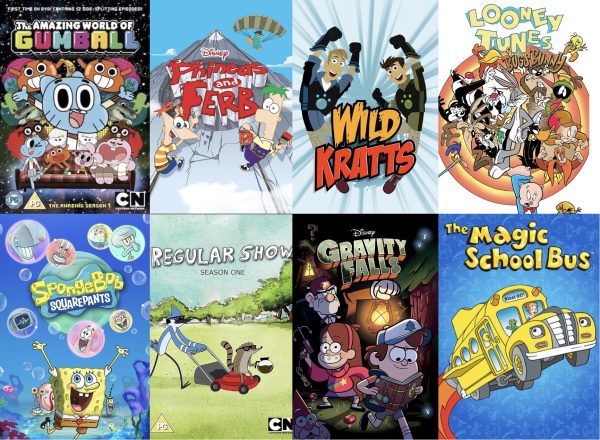

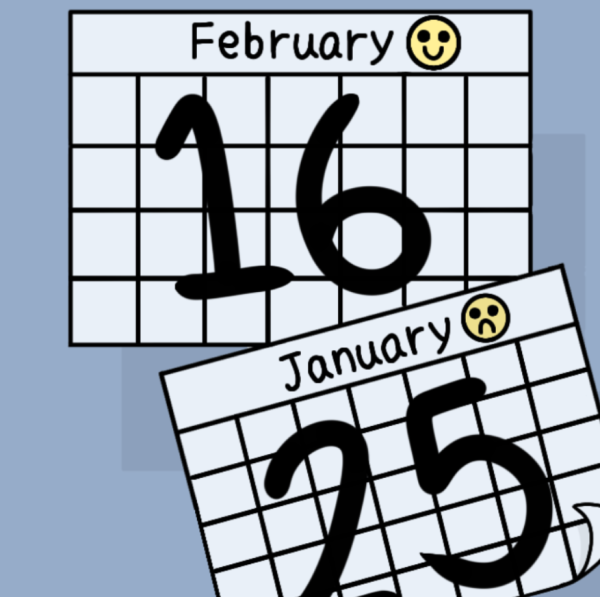

Patrick • Dec 9, 2022 at 1:57 pm
Chess!